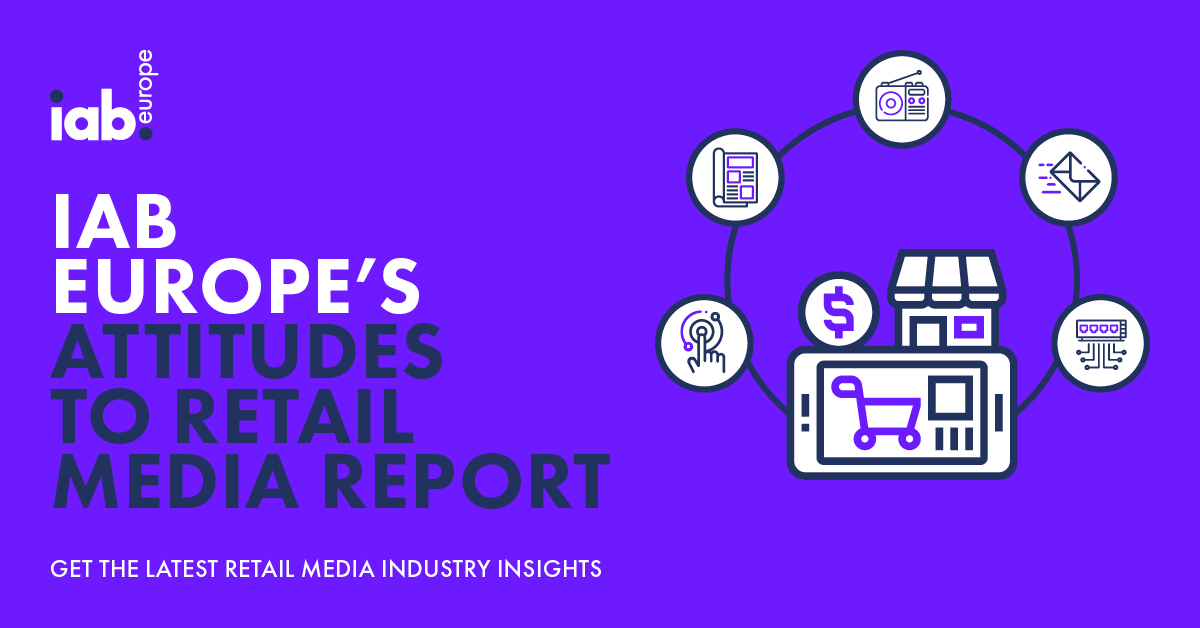Internet Retailing asked Patrick Tsang, executive director of Chinese ecommerce company GNet Group about the emergence of O2O (online-to-offline, and offline-to-online) services in China – and why that matters to UK retailers.
Internet Retailing: Can you start by telling us a little about GNet?
Patrick Tsang, executive director of GNet Group: GNet is a fast growing ecommerce company based in China. We’re a technology platform providing two-way O2O (online-to-offline and offline-to-online) services that work to connect producers, suppliers, service providers and consumers. We sell thousands of products and services including restaurant deals, international hotel rooms, luxury cars, clothes and electronics. Our registered members are rewarded with loyalty points which they can use to purchase additional items.
IR: We’ve been hearing the term O2O recently in relation to the Chinese market. Can you explain what it’s all about?
PT: O2O – the idea that we can buy goods or a service online, and pick them up in a bricks and mortar store. Online shopping is an important and growing segment of consumer purchasing (about 10%), but bricks and mortar businesses still constitute the majority of shopping sales in China. O2O combines the ease of browsing and buying online with the physical in-store experience.
IR: Why is O2O now important in China?
PT: Ecommerce is already ingrained in the life of the Chinese consumer, with China’s ecommerce sales forecast to reach US$1 trillion by 2019 (2013: US$307 billion).* This is larger than the US, UK, Japan, Germany and France combined, so China represents a lucrative market for online retailers.
With an increasingly connected market, ecommerce is developing at a rapid pace. There has been significant investment in the O2O sector recently, and we have seen big companies partnering with bricks and mortar stores like Alibaba and Suning, and Macy’s and Hong Kong-based Fung Retailing Limited. Development strategies here include increasing market reach, bolstering physical presence and logistics networks.
* Source: Forrester Research
IR: How can UK retailers get involved?
PT: GNet’s strategy is simultaneously to increase its presence in its home country, China, whilst also expanding internationally. The UK is the company’s number one priority as it has a sophisticated and mature ecommerce platform, and businesses/retailers which are successful in the UK tend to respond quickly to market and customer demand.
We already have partnerships with international brands such as Audi, Hilton Hotels and Mercedes-Benz and over 10,000 merchant partners in China, and are looking for additional partners in the UK.
What’s great about GNet is the wide spectrum of products and services we offer on our platform, whether it be a child’s toy or a deal on a luxury car. Developing relationships with a wide range of selected partners, and being broad in our outlook, is crucial to the expansion of the business.
IR: How else is the ecommerce market currently developing in China, and what do you predict will be the most important factors over the coming years?
PT: Foreign investment, partnerships and M&A will be important factors in driving China’s ecommerce. The Chinese Government recently announced that it will allow full foreign ownership of some ecommerce businesses, which is aimed at encouraging foreign investment and the development and competitiveness of the industry. Now that China’s economy is growing at around 7%, its slowest pace in decades, the Government is seeking ways to shift growth away from an over-dependence on low-cost manufacturing towards higher-value services and consumption.
I think the fact that the market is becoming increasingly connected will be a crucial factor for the growth and development of ecommerce in China. The growing use of mobile phones in transactions cannot be ignored (in China, 55% of internet users have made a payment via a mobile compared to 19% in the US), and this is only going to gather pace in the future.
In terms of internet penetration in China, this came to just 47.9% last year, which demonstrates the huge potential to be unlocked in the future as the Chinese Government aims to accelerate the development of its high-speed broadband network to raise speeds and cut prices.
Aside from this, having an effective big data strategy which captures and analyses consumer data on an ongoing basis is crucial. This enables vendors to design and deliver highly targeted advertising and sales pitches to consumers based on profiles and trends picked up by GNet.
IR: Are there any challenges in the ecommerce space in China?
PT: Success in this rapidly growing and competitive market is not a given. A challenge to the expanding market is the scarcity of high quality logistics in China. This causes problems for ecommerce companies, including late deliveries, damaged and lost parcels, negative attitudes from delivery people, slow cash-on-delivery processes, poor return procedures, and no special services such as installation or the ability to try on purchases. It will improve as consumers demand higher quality services.
Image: © Daniel Lewis








